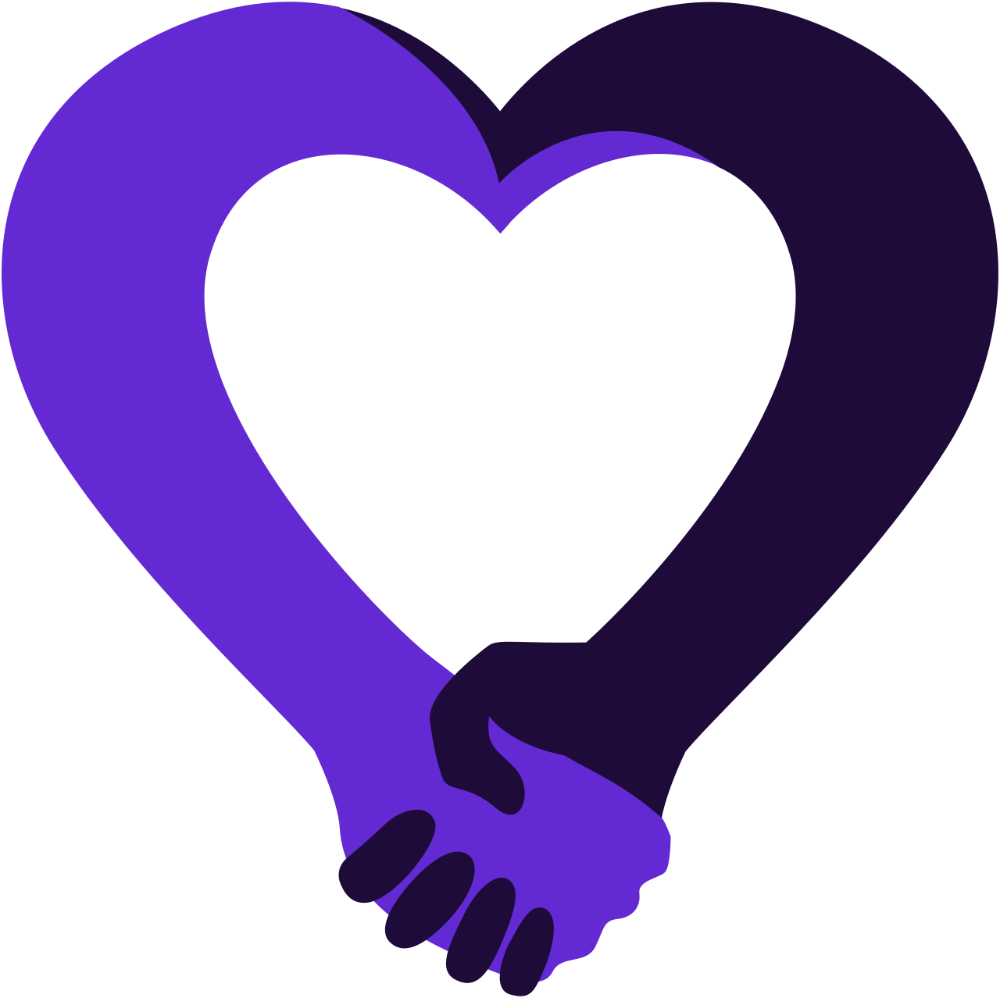Let’s drop this word from our kids’ vocabulary
Jun 18, 2025
One of the most common words we hear on the playground or in after school conversations is this:
“That’s so lame.”
Sometimes kids are just trying to say something is boring or not fun.
But here’s the truth: the word lame has a harmful history. It was originally used to describe people with physical differences. Over time, it became a casual insult that connects differences to something “bad.”
And even if a child doesn’t mean to be unkind, that impact still matters.
Let’s dive in 👇

Why this matters:
Words aren’t just words. They teach kids how to think about others and themselves.
When kids use words like “lame,” they may start to believe that people who move differently, need support, or show up in a unique way are “less than.”
This word might seem small, but it reinforces big ideas. And we’re here to interrupt those ideas early, with compassion and clarity.
✨✨✨✨✨✨✨✨✨✨✨✨✨
You know, this topic also reminded me of a conversation I had with my friend, Matt, who is a psychotherapist.
Matt told me that when he was a boy, he paid attention to the way family and friends talked about not only people who were queer, but anyone who had any type of difference. As a child, he would note to himself that he wouldn't be safe around those friends or family members and wouldn't reveal his own struggles with his identity to them. Children are always watching and creating meaning based on what's both spoken and unspoken.

🧒🏽 Ages 3 to 5
“We don’t say that word. It can hurt someone’s feelings.”
👧🏽 Ages 6 to 8
“That word used to describe people who moved differently. We don’t use it anymore because we know better now and everyone deserves respect.”
🧠 Ages 9 and up
“Even if we don’t mean it in a mean way, ‘lame’ has a history that hurts people. There are better ways to say what we feel.”
💛 Affirmation of the Day
“I can speak my truth without hurting others.”
What I love about this experience is that it actually opens the door to discussing the importance of not just repeating whatever we hear and highlighting that asking for more information about things is something to be proud of.
Your child says “lame” casually
They mimic this word from games, shows, or older kids
They exclude or joke about kids who are different
They don’t know how to express dislike without using put-downs
Another reminder: (Just in case you missed it the first time.) This is a great moment to remind kids not to repeat everything they hear, and to ask questions when they don’t understand a word.
“If you don’t know what a word means, it’s okay to ask. I’m proud of you when you ask for more information.”
Keep Evolving!


